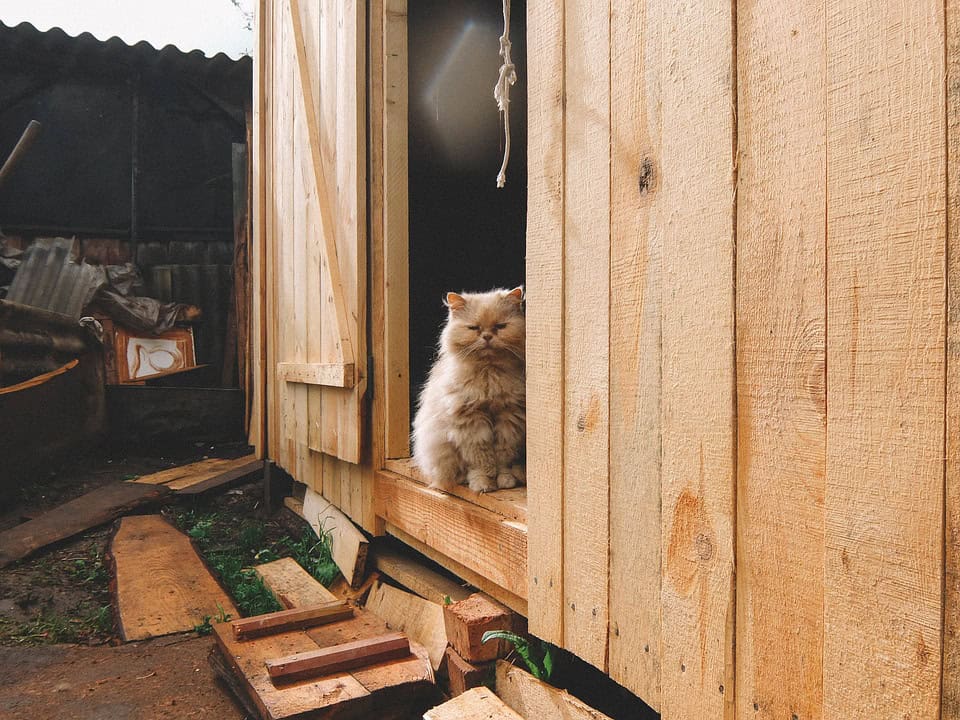
An alternative adoption program is addressing the feral cat population that is rampant in many towns, and is saving the feline pets from euthanization.
Clemson University junior and Mantua resident Alanna Sindoni started the Feline Farm Friends program as part of her Girl Scout Gold Award back in 2016 to place outdoor feral cats in barns. Three years later, Sindoni is still working with rescues to place them.
“They’ll be placed somewhere that’s big enough for them to have water, food, a litter box and a blanket for comfort,” Sindoni said. “The adoptee has everything on hand to jump start with their cat.”
Adoptees are provided with a starter kit that includes a crate, litter and appropriate equipment, bowls, cat food, a blanket and an instructional guide on how to take care of a cat.
Following the initial placement, an adoptee is expected to provide necessary care, shelter and food for the animal.
Her organization chose barns and other open structures for cats because many shelters are at capacity and cannot take them in, and a number of the cats she came across couldn’t acclimate to a home.
She has had 11 placements to date in various counties.
In addition to assisting shelters’ cat populations, Sindoni said having cats in barns helps deter rodents from entering into a barn.
“Cats are a natural predator, and if they’re more of a feral cat, they’ll have more of an instinct to go after a rodent,” she added.
The program works with the Furrever Friends Rescue and Volunteer, Inc., and the Lucky Cat Rescue for available cats.
The qualifications for cats in Sindoni’s program are: up-to-date on all vaccines, be spayed or neutered, and to be a behavioral fit for the owner and barn.
“If the owner wants a specific quality in a cat, I’ll have to look for that in a cat,” she said. She clarified her program is not licensed to take cats directly, so she seeks them out at the rescues she’s involved in.
As an animal and veterinary sciences major at Clemson, Sindoni said starting the program has helped her in her studies. She added that being a college student, she will inform potential owners ahead of time due to her other commitments.
“People are very understanding with what I do and the rescues I work with will sometimes take on the cases and directly talk to people if I get overwhelmed,” she said.
Sindoni said she accepts donations to help with costs of the supplies in her starter kits, but “organizations and shelters could use it, too.”
For those with a feral cat colony in their neighborhood, Sindoni said to contact rescues that do TNR. The Gloucester County Animal Shelter doesn’t run a TNR program.
“Someone from the [rescue] will come out to trap it, neuter it and tip it’s ears – at no cost to the caller – and release it back into the colony so it won’t be able to reproduce,” she said. “Eventually, it will lower the population.”
Rescues are also able to monitor neighborhoods with feral cats to keep the population at bay and assist, when needed.
“I always gravitated to how I can help [animals], being involved in animal welfare,” she added. “There’s so much satisfaction knowing you can help save a cat’s life and keep it happy.”
To obtain a cat for a barn, visit www.FelineFarmFriends.weebly.com.









